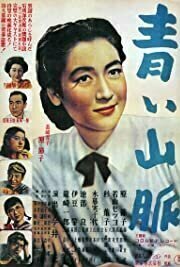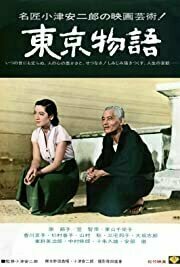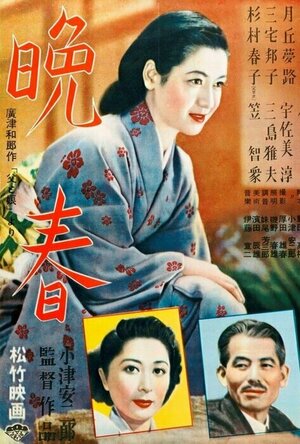Search

Aoi Sanmyaku (1949)
Movie
When a post-war high school girl is seen with an older boy many find the nontraditional notion...
Dick Cavett recommended Tokyo Story (1953) in Movies (curated)
David Schwartz recommended Late Spring (1949) in Movies (curated)
Kirk Bage (1775 KP) rated Late Spring (1949) in Movies
Jan 28, 2021
As elegant, patient, polite and deliberately still as a side of civilised Japanese life that existed both at the time and for decades before and after. Difficult for our modern western sensibilities to readjust to. It is just so slow and seemingly eventless. It concerns the life of 27 year old Noriko, played by Ozu’s muse Setsuko Hara, with whom he made many of his best loved films. She is constantly hassled by family members and friends to get married, but is much more concerned by her relationship with her sick father, who she is content to care for. The more she is pushed the more her polite smile becomes a rictus of hidden sadness and anxiety. Small meetings, quiet words and subtle gestures take on larger meanings, and the story becomes more tragic the more you engage with Hara’s lovely performance.
I did find it hard to relate to, and couldn’t quite find the stillness within myself to just go with it. Its pace made me jittery to do something more exciting, and it wasn’t quite as transcendingly beautiful as I’d been led to believe. Saying that, I appreciated the skill of Ozu’s camera work, in framing and capturing delicate scenes and moments. I also learned the phrase “tatami cam”, which describes the low angle he often uses to demonstrate humility and respect. A gentle tale with great resonance regarding our responsibilities to others and our own repressed desires. Most interesting in how it contrasts with western cinema of the same time.
I did find it hard to relate to, and couldn’t quite find the stillness within myself to just go with it. Its pace made me jittery to do something more exciting, and it wasn’t quite as transcendingly beautiful as I’d been led to believe. Saying that, I appreciated the skill of Ozu’s camera work, in framing and capturing delicate scenes and moments. I also learned the phrase “tatami cam”, which describes the low angle he often uses to demonstrate humility and respect. A gentle tale with great resonance regarding our responsibilities to others and our own repressed desires. Most interesting in how it contrasts with western cinema of the same time.


